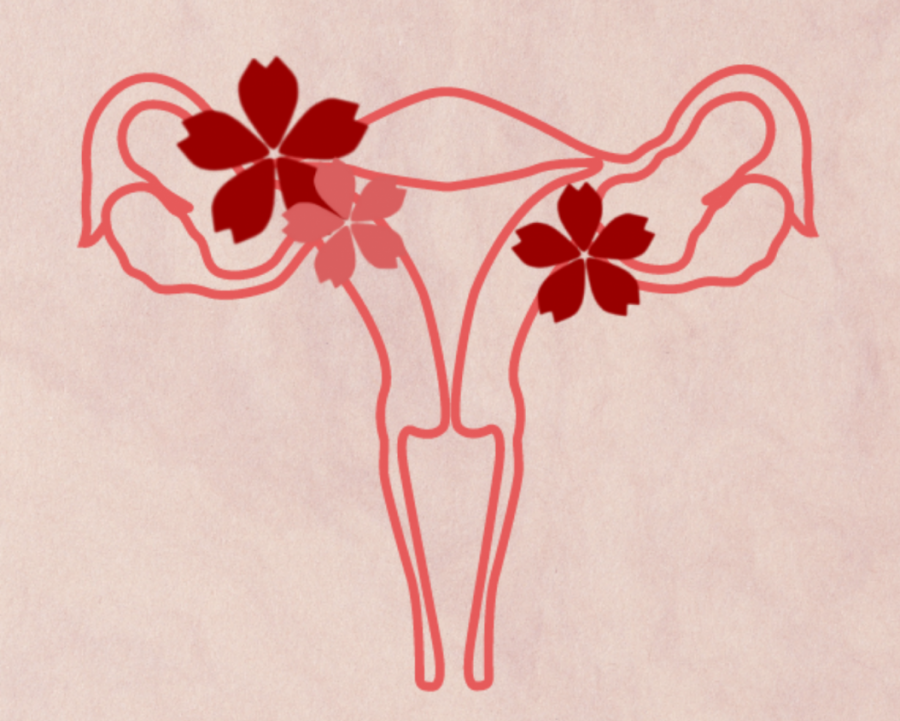Pink Tax: The price of being a woman
December 15, 2021
From the moment we are born, gender stereotypes are generated: pink for girls and blue for boys. This classification has become expensive to us women.
Pink Tax is the increase in prices directed to women such as clothing, hygiene, personal care and even health care.
Growing up, I never paid much attention to this issue, but of course I realized the difference in prices of women’s and men’s products, because there were times when the same product cost twice as much just because it was packaged with a pink ribbon. I always thought that the difference between the prices was due to the fact that the product was of better quality and they taught us that women should always look presentable and we always have to care about our appearance, and that is why we must be willing to spend more money for certain products.
As I grew older, I became more aware of the situation, so I began to investigate more into the subject. But in my social circle, I was the only one who cared. I couldn’t understand why. This is something that affects us all. But I don’t blame them for not having the same concern as me. They grew up all their lives accepting that this is the price for being a woman, but the truth is, it should have never been that way and it shouldn’t continue to be like that.
And as if that wasn’t enough, women also pay a menstrual management products tax, also known as a tampon tax. This type of product is not classified as a health product, but as a cosmetic product and has approximately 21 percent tax. But there are ways to regulate this issue: one would be to eradicate the idea that a color is specific to a gender, and the other is that consumers should not be willing to pay more for a product that is not worth more.
There are already many legislative initiatives across the country that seek to regulate prices and eliminate these taxes, and thanks to Governor Gretchen Whitmer, this law is already a reality in Michigan, since last week she signed the legislation that removes taxes from menstrual products.
With this, it is clear that by talking about the issue, social and cultural changes can be achieved, and although we still have a long way to go, there is no doubt that it is a great step for the women of Michigan and for gender equality.















